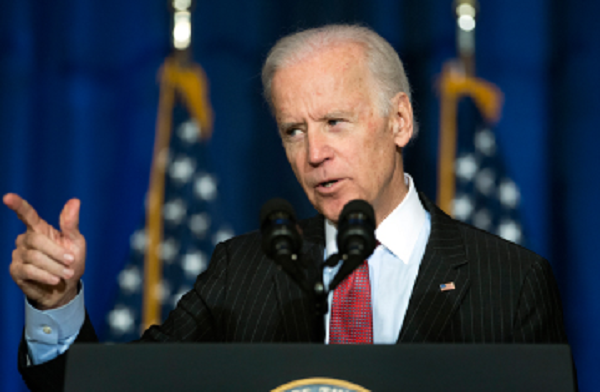Former investigative reporter Catherine Herridge, previously with Fox News and now with CBS News, is facing potential legal consequences, as reported on Saturday. She is dealing with a contempt charge for her refusal to disclose the identity of a confidential source who provided information to her during her time at Fox News. A court has ordered her to reveal the source’s identity.
Herridge “was ordered in August to disclose the identity and motive of the source, who provided information about an FBI investigation into a Chinese scientist,” the outlet reported.
Nevertheless, during a deposition conducted after the court’s directive, Herridge declined to respond to inquiries concerning her confidential source(s) and various aspects of her reporting methodology and editorial choices, as observed by lawyers representing Yanping Chen, the scientist involved. Chen’s legal team has requested that she be found in contempt, which could potentially result in imprisonment.
U.S. District Judge Christopher Cooper, who was appointed by President Obama and issued the order, indicated last week that Herridge might face contempt charges if she continued to withhold the requested information.
“With contempt proceedings now teed up, one of two outcomes appears likely: either Herridge will be held in contempt in the near future and can immediately appeal that order, or, as sometimes occurs in these cases, the sources may release Herridge from the privilege rather than watch her undergo the consequences of contempt,” Cooper wrote in his ruling.
The Epoch Times added:
Ms. Herridge’s lawyers had said the judge’s August order contained language indicating he thought he was forced to require contempt before an appeal but that the court actually had the discretion to certify an appeal ahead of a contempt ruling.
“The court should exercise its discretion to avoid forcing Ms. Herridge to suffer a contempt sanction as the price for securing review of her First Amendment rights,” they said.
Cooper acknowledged that he possessed the discretion to make such a decision, and he exercised it when he dismissed her request. He contended that it is customary to postpone appellate procedures until a defendant has explicitly disobeyed a court order and is therefore in contempt.
“The court thus makes clear what may have been murky before: Exercising its discretion, the court concludes that certification is not warranted in this case because Herridge can appeal a subsequent contempt order,” Judge Cooper said.
The Epoch Times added: “The case stems from three reports published by Fox News starting in 2017 that disclosed the FBI had investigated Ms. Chen, a naturalized U.S. citizen who founded and owned a university attended by multiple U.S. military personnel. Ms. Chen was informed in 2016 that she was not being charged.
“The Department of Defense moved in 2018 to stop helping pay the tuition of military members to attend Ms. Chen’s university. Ms. Chen sued the FBI, alleging it or other government entities had leaked the previously private information to Ms. Herridge,” the report continued.
Cooper has ruled that Chen’s “need for the requested evidence overcomes Herridge’s qualified First Amendment privilege.”
Several press freedom organizations have blasted Cooper’s ruling.
“Requiring reporters to face contempt before they can appeal may discourage them from insisting on their First Amendment right to protect confidential sources by taking their objection to a higher court,” Caitlin Vogus, deputy director of advocacy for the Freedom of the Press Foundation, noted in a recent blog post.
“Journalists are already under great pressure any time they face a legal demand to reveal a confidential source or other newsgathering material. If they can’t appeal an order requiring them to name a source without facing a potentially large fine or long jail sentence, some may think twice about continuing to resist,” Vogus added.







